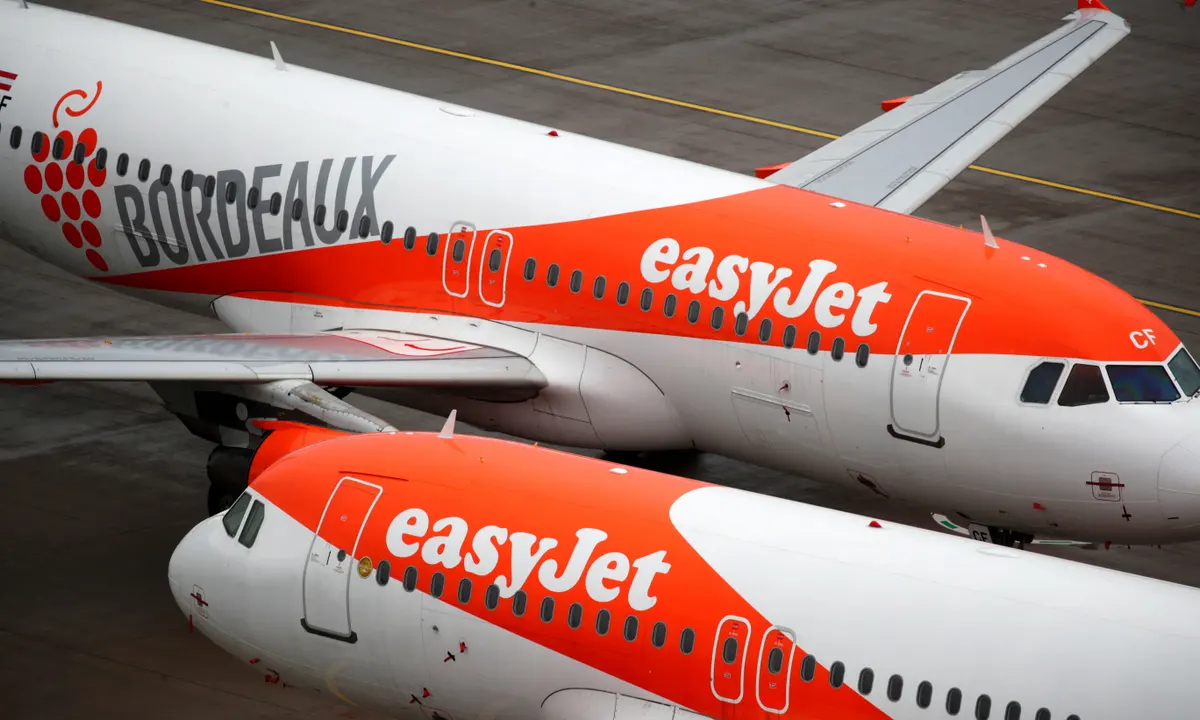UK (Parliament Politic Magazine) – Airlines React with Outrage as UK Aviation Regulator Hikes Air Traffic Control Charges, Warning of Impending Fare Increases
In the wake of a severe air traffic control breakdown in August, which led to extensive flight delays and stranded travelers, airlines are expressing anger over the recent decision by the UK’s aviation regulator to raise air traffic control charges.
The fee per flight is set to increase from £47 to £64 until 2027, equating to an additional 43p per passenger. Airline representatives argue that these increases are unwarranted, particularly in light of the recent disruptions.
Airlines Express Outrage Over Increased Air Traffic Control Charges
Tim Alderslade, CEO of Airlines UK, characterized the charge hike as “yet another blow to passengers who have endured a challenging summer, including the IT failure at Nats (National Air Traffic Services) in August.”
The consortium, representing major airlines such as British Airways, EasyJet, Jet2, Ryanair, Virgin Atlantic, and Tui, contends that passengers will inevitably be burdened with the cost of these significant increases.
They argue that a broader, impartial examination of Nats’ regulatory framework is imperative to safeguard passengers. It prevent airlines from consistently acting as the ultimate financial safeguard, bearing the brunt of costs for issues beyond their control.
In August, nearly 2,000 flights at airports throughout the UK were canceled due to the failure of the National Air Traffic Services’ automated flight plan processing system. This has left the passengers in a state of disarray and discomfort.
Amid the IT breakdown, numerous individuals found themselves sleeping on airport floors or makeshift beds, while others were engaged in frantic efforts to reschedule their flights.
Debate Over Airlines Diverting Flights to Avoid Nats Charges
During this technological crisis, airlines shouldered substantial expenses in providing accommodations and arranging additional flights for stranded passengers. Some airlines, Ryanair among them, have urged that these costs be assumed by Nats.
Nats issued an apology for the disruption and has assured that preventive measures have been implemented to guard against the occurrence of such an “exceedingly rare” system failure in the future.
Nevertheless, according to an insider within the aviation industry who spoke to the BBC, Nats has confirmed that it will not directly reimburse airlines for the expenses they incurred as a result of the August technical malfunction.
The Civil Aviation Authority (CAA) has made a distinct choice to grant Nats the authority to raise fees for its services, and this is unrelated to their ongoing examination of the system failure episode.
Jonathan Hinkles, the CEO of Scottish carrier Loganair, characterized the charge hike as “airway robbery.” He suggested that airlines would seek to redirect their flights away from UK airspace to access more cost-effective Irish airspace. In a LinkedIn post, he pointed out that, despite burning more fuel and producing additional emissions on the longer route, the cost savings justify avoiding these exorbitant Nats charges.
Read More: UK Removes Limit on Bankers’ Bonuses
Future Regulatory Considerations After the IT Meltdown Review
Mr. Hinkles contended that if airlines opted to avoid UK airspace, it could result in reduced revenue for Nats, ultimately increasing the burden on those who have no alternative, such as regional airlines like Loganair.
On the other hand, Mike Clancy, the General Secretary of the Prospect union, emphasized that the UK boasts some of the world’s most congested and intricate airspace, yet maintains an exceptional safety record. He stressed that investment is essential to sustain this high level of safety.
The CAA stated that its decision allows Nats to recuperate its operational expenses and is in line with the requirement for Nats to ensure a safe operation. These charges pertain to services offered in both UK and North Atlantic airspace.
Andrew Walker, the Chief Economist at the CAA, expressed that they would explore additional regulatory actions after the independent review of the IT meltdown concludes.
Tim Jeans, an aviation executive and former Managing Director at Monarch Airlines, was critical of the decision, stating that it would be poorly received. He highlighted Nats’ monopoly status, indicating that airlines and the industry have no choice but to accept these charges. He suggested that the CAA appears to have endorsed Nats’ perspective, asserting that charges must rise.


